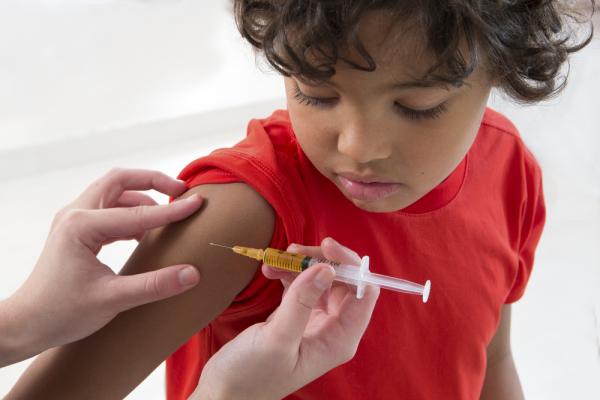I was listening to public radio in Boston recently when a public health expert half-jokingly noted that to find the hotspots of anti-vaccination fervor you could follow these steps:
1. Look at a map of where the Whole Foods are located.
2. Place a pin down where there is a Whole Foods.
3. Draw a 10-mile radius around the pin.
The point being — and this expert was only kidding a bit — that anti-vaccination is largely found among white, highly educated, wealthy advocates.
To me, what’s more obvious about this is when we are white, highly educated, and wealthy — like many of our mainline Protestant congregations — then the feelings of being in control and being free are so important that we are willing to risk the health and lives of others for the sake of being some sort of adjective like “natural” or “free.” Vaccines, designed to protect, become oddly reversed as a possible threat to freedom and “natural living.”
In reality, it is only our privilege that allows us to consider not vaccinating. The same sin that has deeply troubled our sexuality is also at the root of this crisis — the deep-seated belief that the highest good will be that we are free to do whatever we want to our bodies. This continuing belief in total freedom not only fails to take seriously human failings but continues to create crises wherever it goes.
When we view this world as a place where we can make decisions about our lives without regard to the impact to our neighbors, we have failed to heed Jesus’ own words that the greatest commandment is to love God and to love our neighbors as ourselves. We have failed to hear from the apostle Paul that our bodies are now God’s temples, and that they are now for the sake of the world.
Read the Full Article

